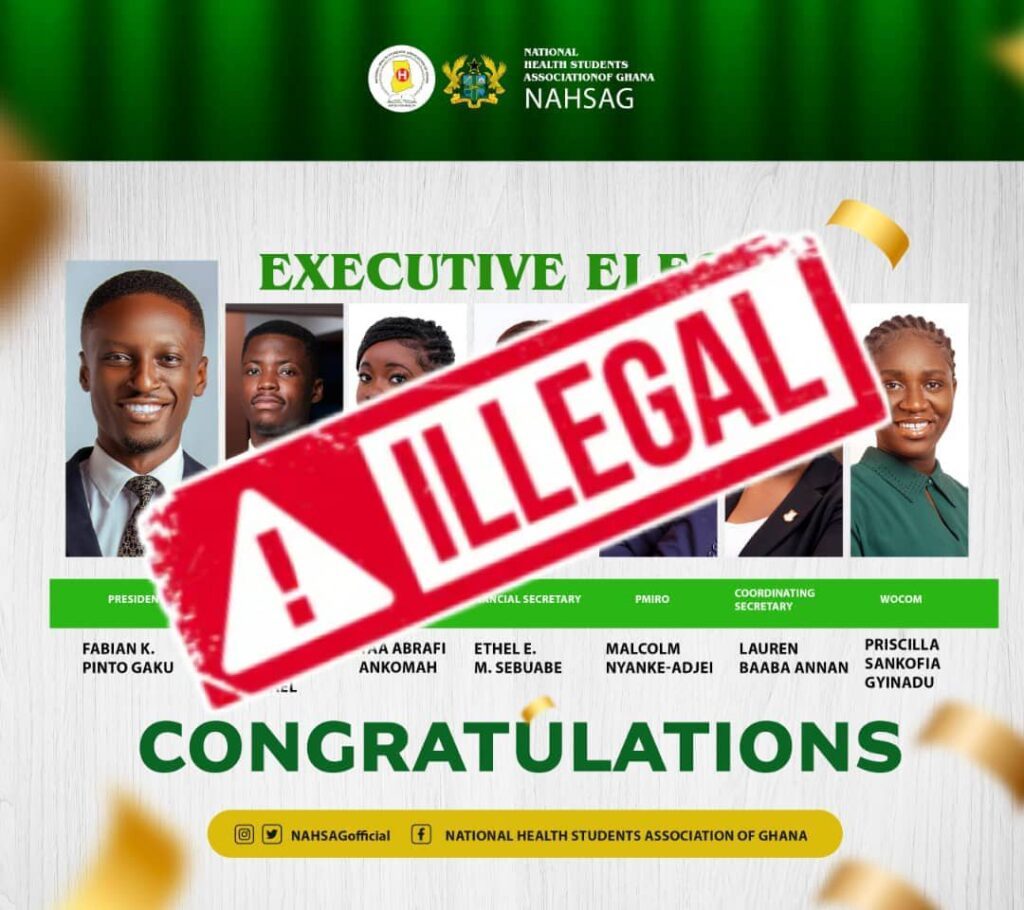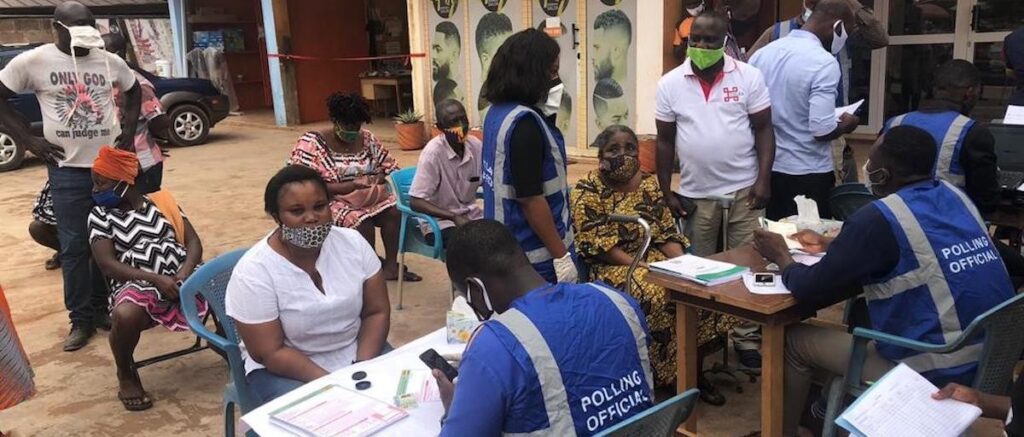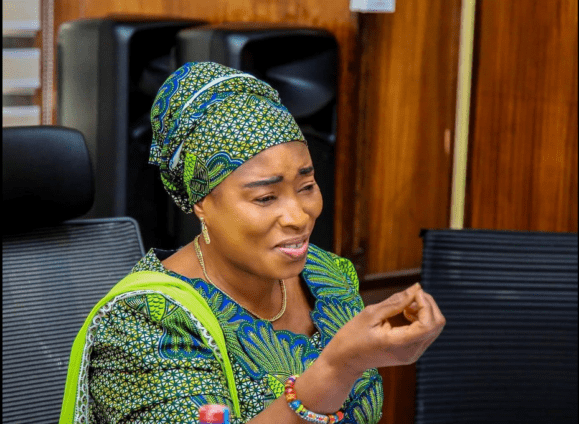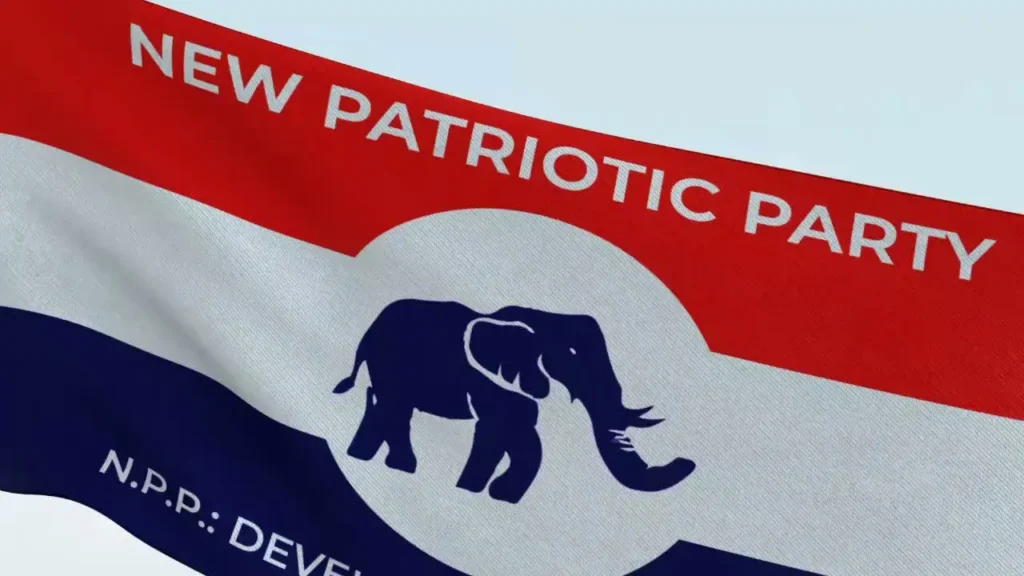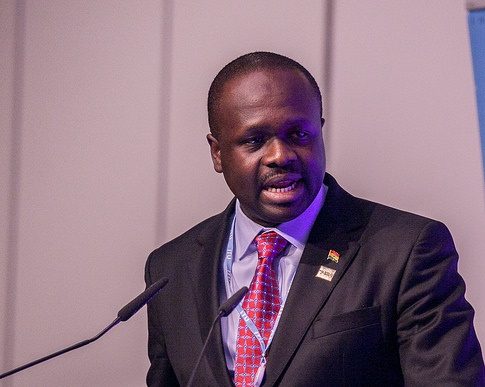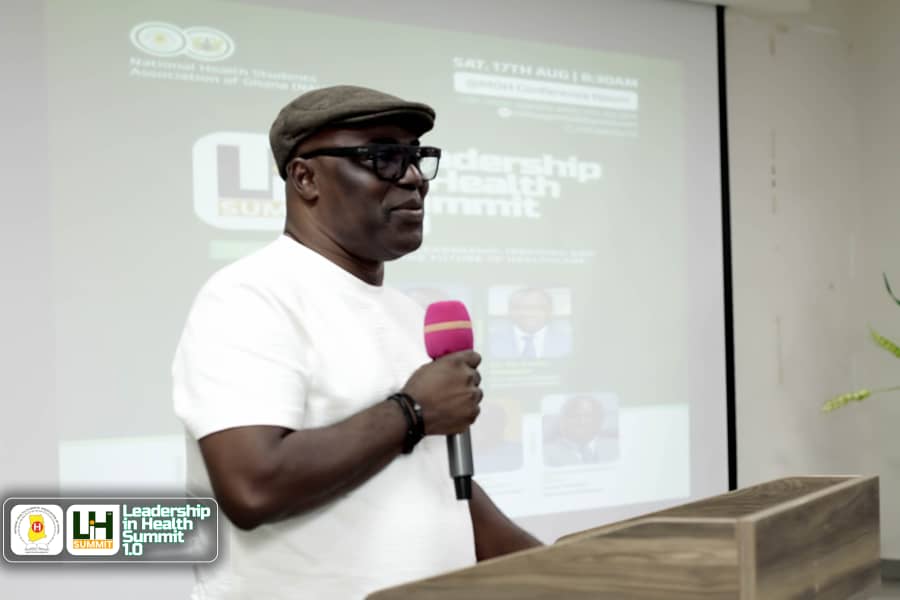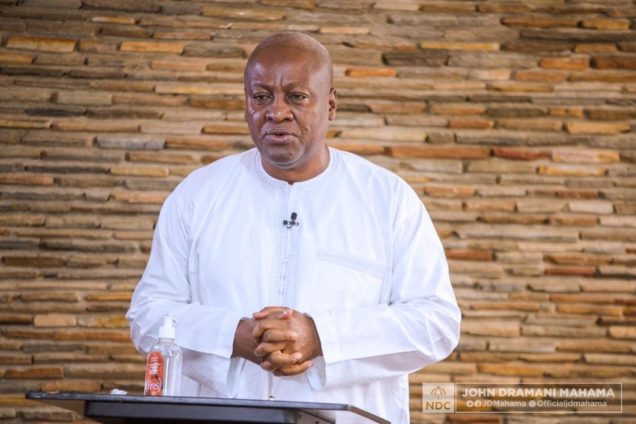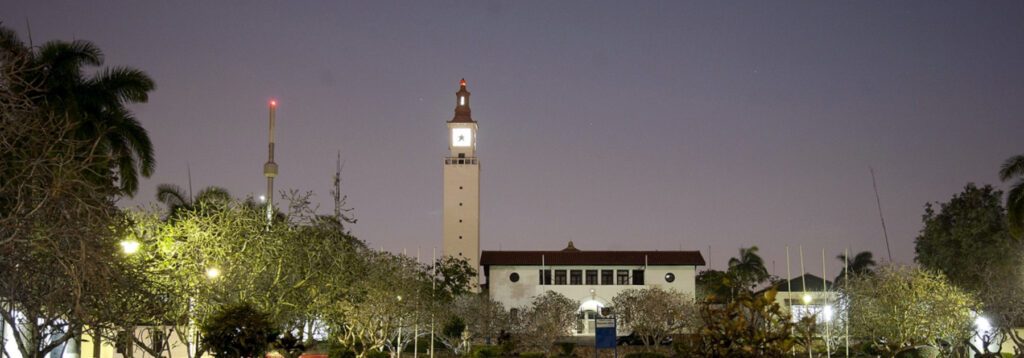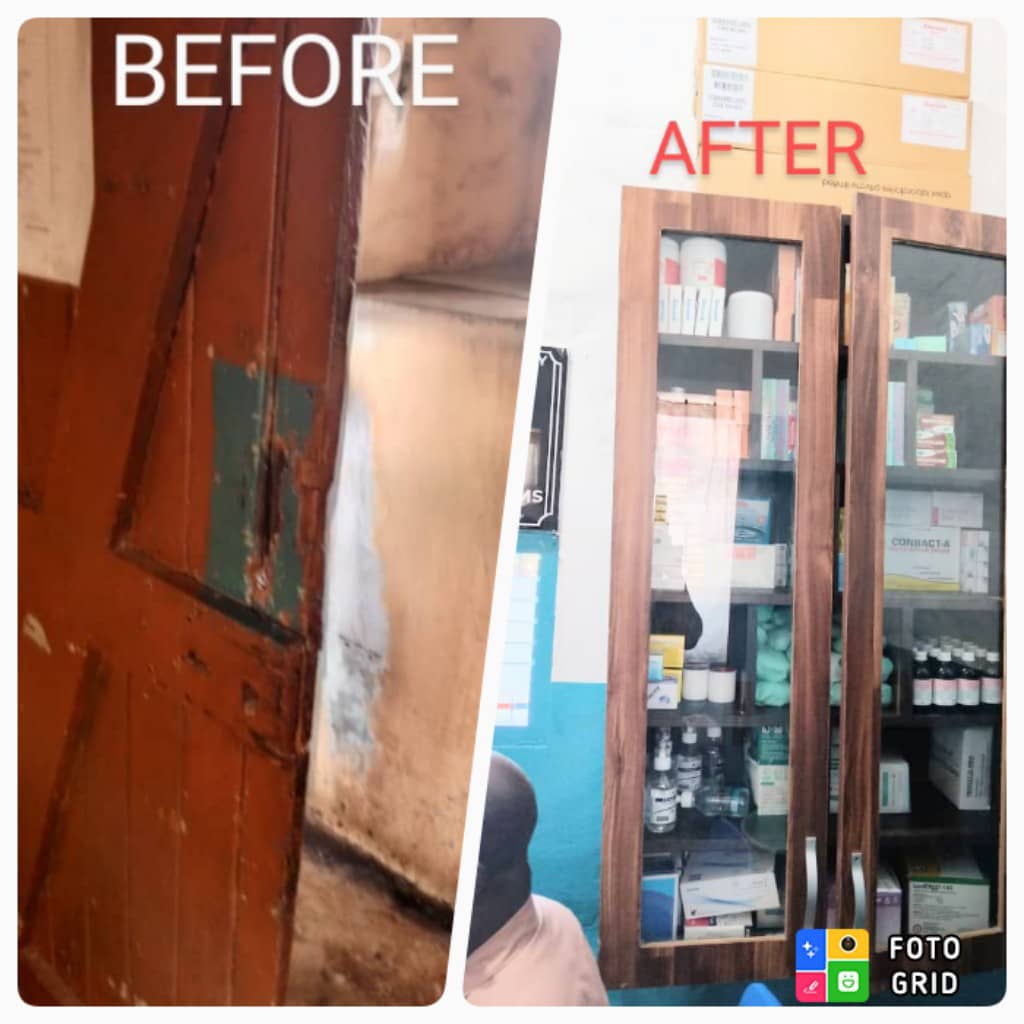How to Ensure the Originality of Your Work
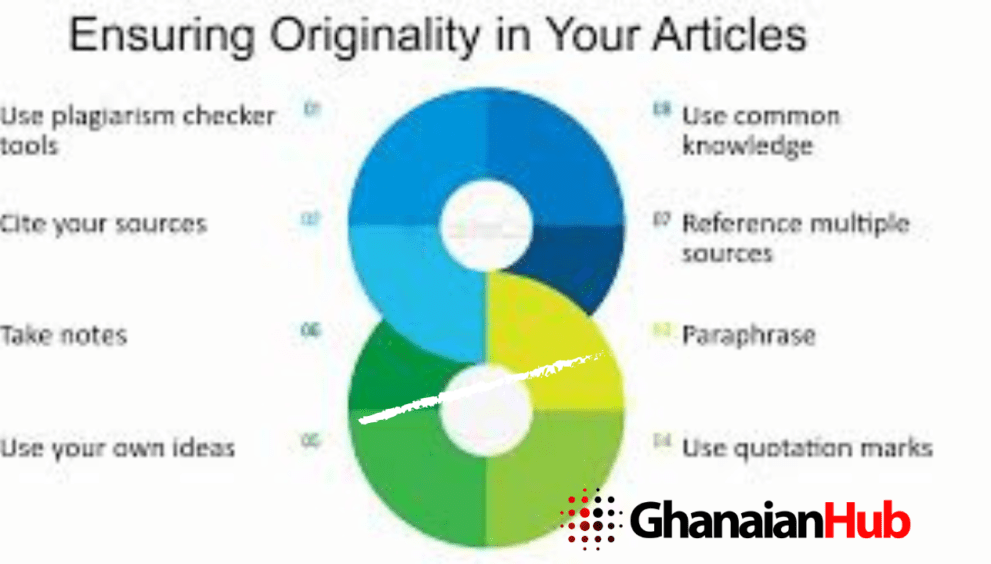
How to Ensure the Originality of Your Work
How to Ensure the Originality of Your Work: Academic integrity is essential for students and researchers alike, and one of the fundamental aspects is ensuring the originality of your work. Plagiarism can significantly damage your credibility and result in severe academic repercussions. To help you maintain high standards, here’s a brief guide on checking for plagiarism and understanding acceptable limits.
How Much Plagiarism is Allowed?
Academic journals and institutions generally consider 10-15% similarity acceptable. This percentage typically covers common phrases, references, or overlaps in scientific terminology. However, for original research, the goal should be to minimize plagiarism to the lowest possible percentage. When writing papers or reports, aim for a unique presentation of ideas, even when discussing widely recognized concepts.
Free Alternatives for Plagiarism Checking
If you lack access to paid plagiarism detection tools like Turnitin or Grammarly, consider these free alternatives. They provide basic plagiarism checking capabilities that can be helpful for students on a budget:
- Quetext
Quetext offers free basic plagiarism detection with a simple and user-friendly interface, ideal for quick checks. - Plagscan
Plagscan is useful for short documents and provides detailed reports, although the free version has limitations. - Small SEO Tools
This online tool checks for duplicate content across the web and can be used for a basic plagiarism scan. - Prepostseo
Another free online tool that can scan your document for similarities. It supports various file formats and languages.
While these tools provide a starting point for plagiarism detection, be sure to cross-check the results using multiple tools if possible, and thoroughly edit your document for any remaining issues.
Best Practices to Avoid Plagiarism
Here are some practical steps you can take to ensure the originality of your work:
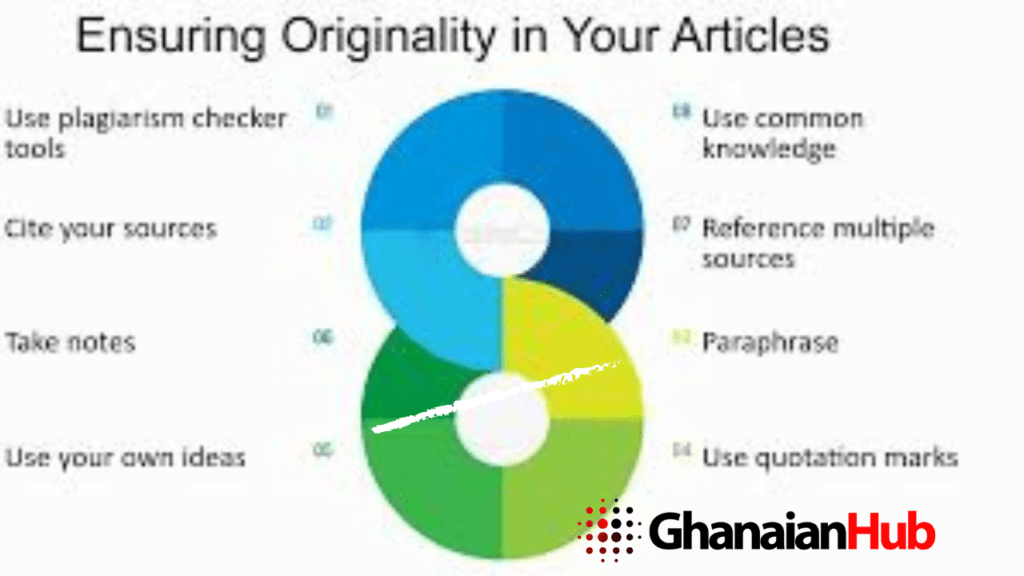
- Paraphrase Instead of Copying: Rewrite ideas in your own words rather than copying text verbatim from sources. Paraphrasing not only helps you avoid plagiarism but also demonstrates a deeper understanding of the material.
- Cite Your Sources Properly: Always provide accurate citations for any material you reference, including paraphrased ideas. Follow the required citation style (APA, MLA, Chicago, etc.) as specified by your institution or publisher.
- Review Your Document Thoroughly: Use plagiarism checkers as a first step, not the last. After checking for plagiarism, carefully review your document for proper citations and potential issues.
How to Ensure the Originality of Your Work
By following these practices, you can take control of your academic writing, uphold integrity, and produce work that is truly your own. Remember, a commitment to originality not only benefits your academic journey but also builds a foundation for your future research and professional career.


 English
English 







